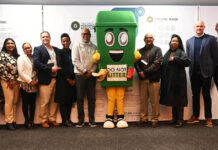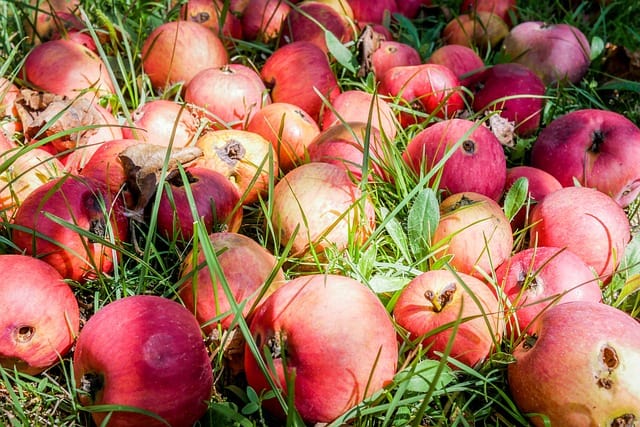Hugh Tyrrell is the director of GreenEdge, a marketing communications and business development consultancy specialising in the circular economy.
GOVERNMENT policy changes can often open up a range of opportunities for businesses. The Western Cape government’s plan to ban all organic material from landfill by December 2027 is one of them.
From then on, food and other green and organic waste will not be allowed into municipal landfills. This marks a significant shift in how such waste is managed in the province.
The reasons are sound. Landfills are filling up fast, while space and funding for new ones are difficult to find. Food waste decomposing in anaerobic conditions in landfill releases methane, which is a greenhouse gas more than 20 times more potent than carbon dioxide.
The provincial government has tasked municipalities with implementing the ban. They are focusing their initial attention on economic sectors that generate most of the organic waste, such as the hospitality industry.
Cape Town is a major tourist destination with hundreds of restaurants. It was awarded the world’s best food city for 2024 by Condé Nast Traveller Readers’ Awards. Much organic waste will need to avoid being landfilled.
Each year, the Cape also produces many thousands of tons of fruit, dairy products, and cereals. Losses occur during harvesting and packing. When it is processed for sale, food waste also happens. Supermarkets have unsold and spoiled food to deal with. All of this must soon take the circular economy route and be diverted to regenerative uses rather than being buried.
Options for organic waste treatment
Several options are available for organic waste treatment. Composting is forgiving and will transform most of what it receives. Others, such as biogas, are more selective and prefer certain kinds of organic inputs, as do black soldier fly systems.
The City of Cape Town is requiring businesses that generate food or other organic waste to submit a management plan detailing how they will divert their waste from landfill.
Large companies are well advised to review their agreements with waste contractors to ensure compliance. They should also insist on monthly waste disposal certificates showing where their waste ends up.
Reducing the amount of organic waste where it is generated will certainly save on costs. So will putting separation-at-source systems in place to prevent other waste, such as plastic, paper, and metals, from contaminating the final compost product, which lowers its quality and value.
Support for businesses
A number of organisations have been set up to support businesses and industries in the transition to a no-organics-to-landfill scenario. The Organic Recycling Association of South Africa can provide comprehensive advice on composting.
The Food and Beverage Coalition is being formed by the province’s Economic Development Partnership together with the City of Cape Town and GreenCape. At national level, the Food Loss and Waste Initiative is run by the Consumer Goods Council and deals with material across the value chain.
These organisations will provide useful advice for those looking to invest, expand or start a business in this growing space opened up by changes in government
policy.















